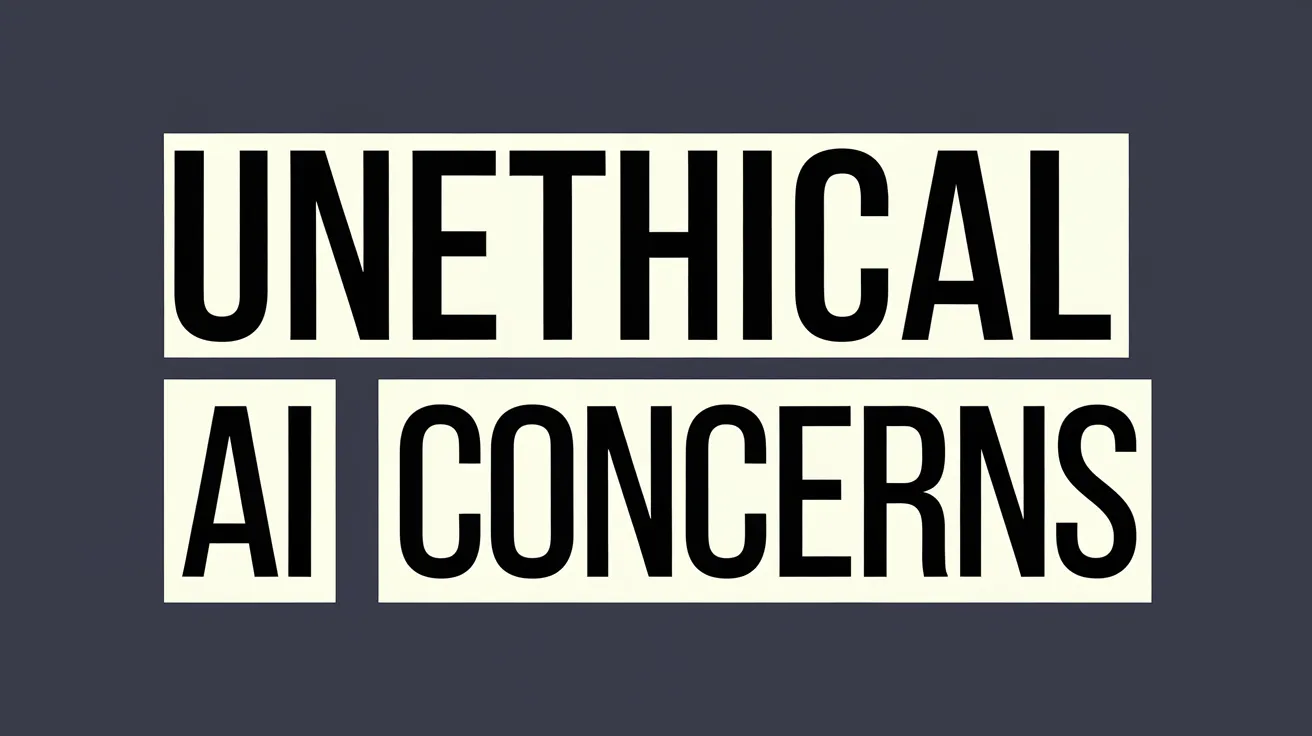Unethical AI Use is Workers’ Top Concern

The rise of artificial intelligence (AI) has prompted significant concern among workers, particularly regarding its unethical use in matters such as discrimination and privacy breaches. Recent research released in the Ethics at Work: 2024 International Survey of Employees, conducted by the Institute of Business Ethics (IBE) alongside the Compliance Institute in Ireland, reveals that this issue is the principal worry for employees preparing for the future.
Employee Concerns About AI Misuse
Of those surveyed, a notable quarter expressed being “extremely concerned” about the potential of AI’s malevolent behavior. In addition to fears about unethical practices, respondents voiced apprehension regarding the possibility of AI replacing human jobs and increasing workplace surveillance and monitoring.
Ethical Perspectives Since the Pandemic
The survey indicated a slight resurgence in ethical behavior within organizations since the Covid pandemic, with almost half of the Irish respondents believing that conditions had improved. This aligns with levels reported in 2021 and remains above the international average of 45%. However, the study also uncovered that women are more likely to perceive a decline in ethical standards since the pandemic, with one in ten women expressing this concern.
Isolation in Hybrid Work Environments
In addition to ethical considerations, over a third of respondents highlighted concerns regarding the reduction of interpersonal interactions caused by the increasing prevalence of hybrid working models. This change has raised alarms about the impact on workplace culture and collaboration.
Need for Ethical Guidelines
Michael Kavanagh, CEO of the Compliance Institute, emphasized the dual nature of AI, stating, “The rise of AI brings opportunities and challenges, and it’s clear that employees are acutely aware of its potential for misuse.” He noted that with half of employees expressing concern about the unethical application of AI, including issues like privacy breaches or discrimination, organizations must create and enforce stringent ethical guidelines and governance surrounding AI technologies.
Impact on Employee Rights and Values
Establishing robust ethical frameworks is vital not only for safeguarding employee rights but also for ensuring that technological advancements align with workforce values and expectations, according to Kavanagh. The initiative would facilitate the responsible deployment of AI, ensuring it serves the interests of both the organization and its employees.
Survey Methodology
The Ethics at Work: 2024 International Survey of Employees included feedback from 12,000 workers across 16 countries, with 750 participants hailing from Ireland. The survey was executed by Yonder Consulting on behalf of the Institute of Business Ethics, revealing insights that are likely to shape discussions around AI and workplace ethics in the coming years.